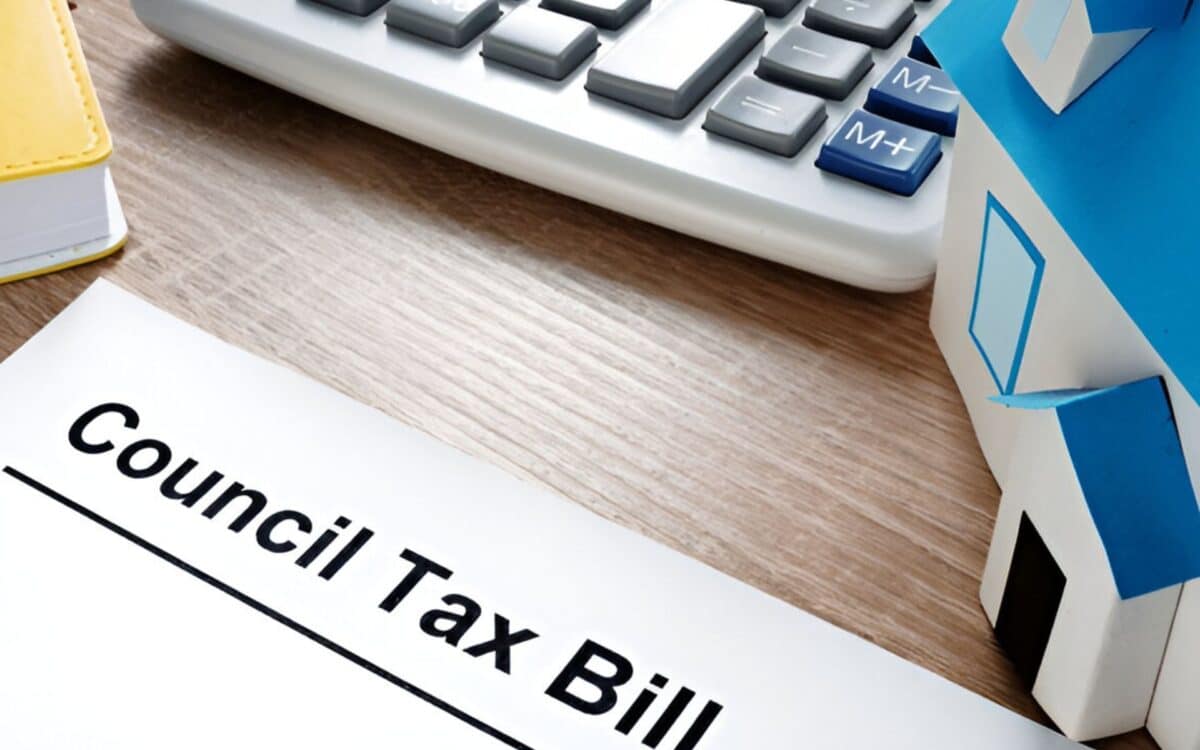From 1 April, thousands of London homeowners will see their council tax bills double. Boroughs like Wandsworth and Westminster are implementing changes to address the housing crisis, focusing on long-term empty homes and second properties.
Updated Council Tax Regulations for Unoccupied Properties
Under the new rules, homes left unoccupied and unfurnished for more than a year, rather than the previous two-year threshold, will now face a 100% premium on their council tax bills. This move is designed to discourage property neglect and encourage homeowners to either sell or rent out their unused properties, thereby addressing the growing demand for housing in the city.
| Type of Property | Current Tax | New Tax (April 2025) | Applicable Boroughs |
|---|---|---|---|
| Long-term vacant homes | Standard rate | Double the standard rate | Wandsworth, Westminster |
| Second homes (Band D) | ~£750 | ~£1,500 | Wandsworth, Westminster |
| Empty for over five years | 200% premium | No change | Westminster |
| Empty for over ten years | 300% premium | No change | Westminster |
Shifting the Burden: Exemptions and Inclusions
Not all second homeowners will face these hikes:
- Exemptions apply for armed forces personnel and caretakers who must occupy second homes due to their jobs.
- Homeowners using properties for convenience, such as proximity to work, will not qualify for relief.
According to Simon Hogg, leader of Wandsworth Council, the borough has seen a doubling of second homes in the past year. He emphasised the impact on local housing availability: “Too many local families can’t find a place to call home.”
The Bigger Picture: A City in Crisis
The problem extends across London, with stark figures highlighting the scale of the issue:
- Research by Crisis revealed a 73% rise in long-term vacant properties since 2017.
- In 2024, 34,327 empty homes in London were valued at over £20 billion.
- Rents are at record highs, deepening inequality and limiting housing options for working families.
Several boroughs, such as Hackney, have already implemented similar measures. Meanwhile, Westminster Council has imposed surcharges of 200% and 300% for homes left vacant for five and ten years, respectively.
Radical Solutions or Short-Term Fixes?
The government’s expanded powers for councils to double tax on empty homes aim to address inefficiencies in housing and generate funds for public services.
These reforms challenge conventional views on property ownership and encourage a reframing of housing as a collective resource. Yet, the true test will be whether they reduce housing inequality in one of the world’s wealthiest yet most divided cities.









